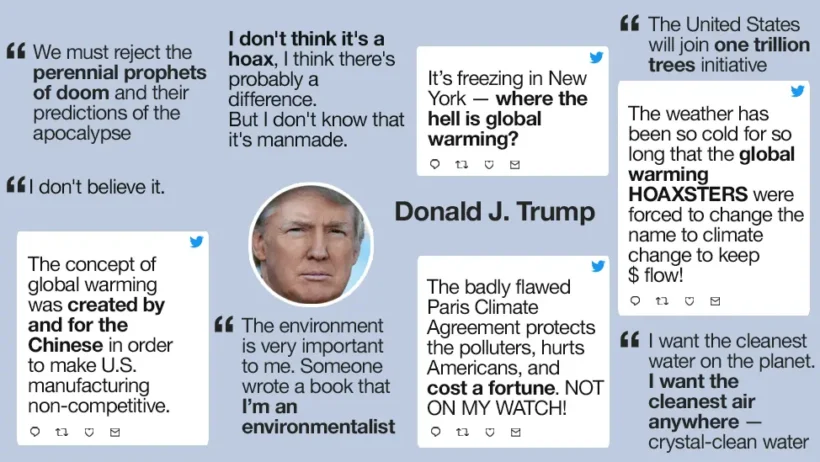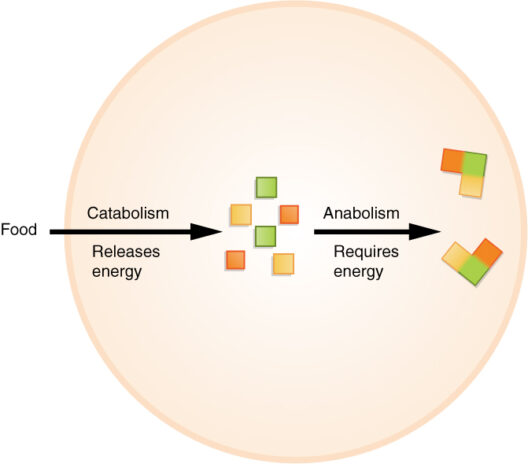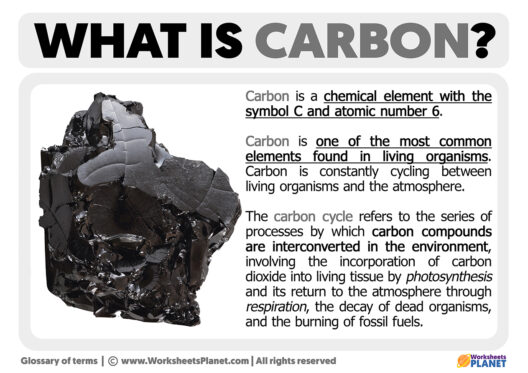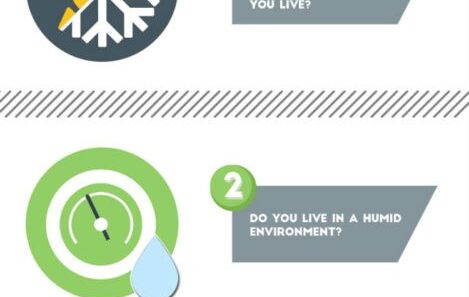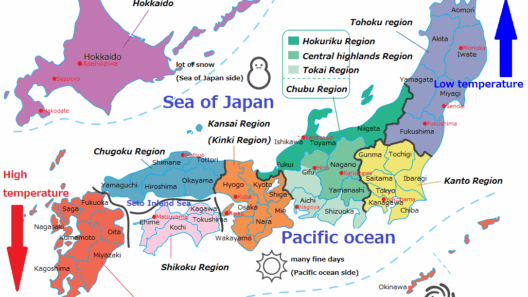Former President Donald Trump’s stance on climate change remains a contentious issue, as he has vacillated between dismissive rhetoric and policy decisions that have significant implications for environmental health. To fully understand the complexities surrounding his approach, we must examine his past statements, policy actions, and the underlying narratives that inform them.
One cannot overlook Trump’s initial long-standing denial of climate change as a phenomenon. Early in his political career, he famously referred to climate change as a “hoax,” a diminutive characterization that resonated with certain segments of the electorate. This vociferous dismissal reflects a broader skepticism prevalent within his supporter base, who often view climate action as an encroachment upon personal liberties and economic prosperity. This segment’s inclination towards prioritizing short-term economic gains over long-term environmental protection encapsulates a dichotomy that is central to the ongoing debate over climate policy.
Delving deeper into his rhetorical patterns, it is evident that Trump’s language serves not merely to amplify skepticism but also to foster a sense of cultural identity among his followers. The rhetoric surrounding climate change often intertwines with themes of American exceptionalism and sovereignty. By portraying climate action as a European or liberal agenda, he underscores a collective disdain for perceived external pressures. Consequently, many view Trump not just as a political figure but as a symbol of resistance against what they interpret as elitist environmentalism.
However, the contradiction between his words and actions is striking. Although he frequently undermined climate science, his administration made crucial decisions that would have long-lasting ramifications for both the environment and the economy. Under his administration, the U.S. withdrew from the Paris Agreement—a globally celebrated accord aimed at combatting climate change through international cooperation. This withdrawal sparked outrage among environmentalists and international leaders alike, yet it was embraced by those who prioritize national interests over global collaboration.
In examining Trump’s record, one must consider the role of fossil fuels in shaping his environmental policies. His administration pursued numerous initiatives that favored the oil, gas, and coal industries, epitomizing an allegiance to corporate interests over ecological stewardship. Regulatory rollbacks, such as the repeal of the Clean Power Plan and the relaxation of emission standards for vehicles, typify this prioritization. These actions not only reflect a disregard for scientific consensus but also illustrate how political alignment with corporate benefactors can overshadow pressing environmental concerns.
Yet, this allegiance to fossil fuel magnates raises intriguing questions about the future of his climate perspective, particularly in the context of energy independence and job creation. Trump’s appeal often hinged on economic prosperity for working-class Americans, especially in regions reliant on coal and oil production. As renewable energy sources grow in market competitivity and public interest, it is plausible to speculate whether he might reconsider his stances for electoral gain. Will the former president pivot towards promoting green jobs and resources, aligning more closely with the shifting sentiment among constituents advocating for sustainable economies?
Moreover, the unpredictability of Trump’s strategies reveals an inherent opportunism that defies traditional political boundaries. His administration’s penchant for deregulation was not merely about environmental issues; it also signified an ideological commitment to free-market capitalism. This belief can manifest as a reluctance to acknowledge the comprehensive benefits of environmental regulation. However, as other nations aggressively pivot toward sustainable technologies, the United States risks isolationism—not just environmentally but economically.
Looking towards the future, Trump’s interest in climate change—if it exists—will likely be dictated by its alignment with the desires of his base. Polls show increasing public concern about climate change, particularly among younger voters. As the electoral landscape shifts, there is a mounting pressure for even traditionally conservative figures to embrace at least a semblance of environmental action. For Trump, navigating climate policy could become a balancing act between maintaining fidelity to his core supporters while acknowledging evolving public sentiment.
Furthermore, should Trump return to the political arena, his climate change rhetoric may be shaped by an awareness of global climate events. As extreme weather, wildfires, and flooding increasingly dominate headlines, the ramifications of climate inaction will become harder to dismiss. The persistence of these visible catastrophes may catalyze a transformation in his stance—from overt denial to a more ambivalent acknowledgment of climate realities, strategically framed to resonate with a broader audience.
Ultimately, the question of what Trump will do about climate change cannot be answered definitively; it depends on an intricate web of political, economic, and social dynamics. Will he continue to champion fossil fuel interests at the expense of environmental health, or will he pragmatically align himself with emerging trends reflecting ecological consciousness? The answer may lie not solely in his beliefs, but in his ability to reconcile the discrepancies between his record and the voices clamoring for change. In this regard, Trump’s relationship with climate change epitomizes a microcosm of the larger national conversation: one marked by tension, interest, and an ongoing struggle for legitimacy in the face of global challenges.



